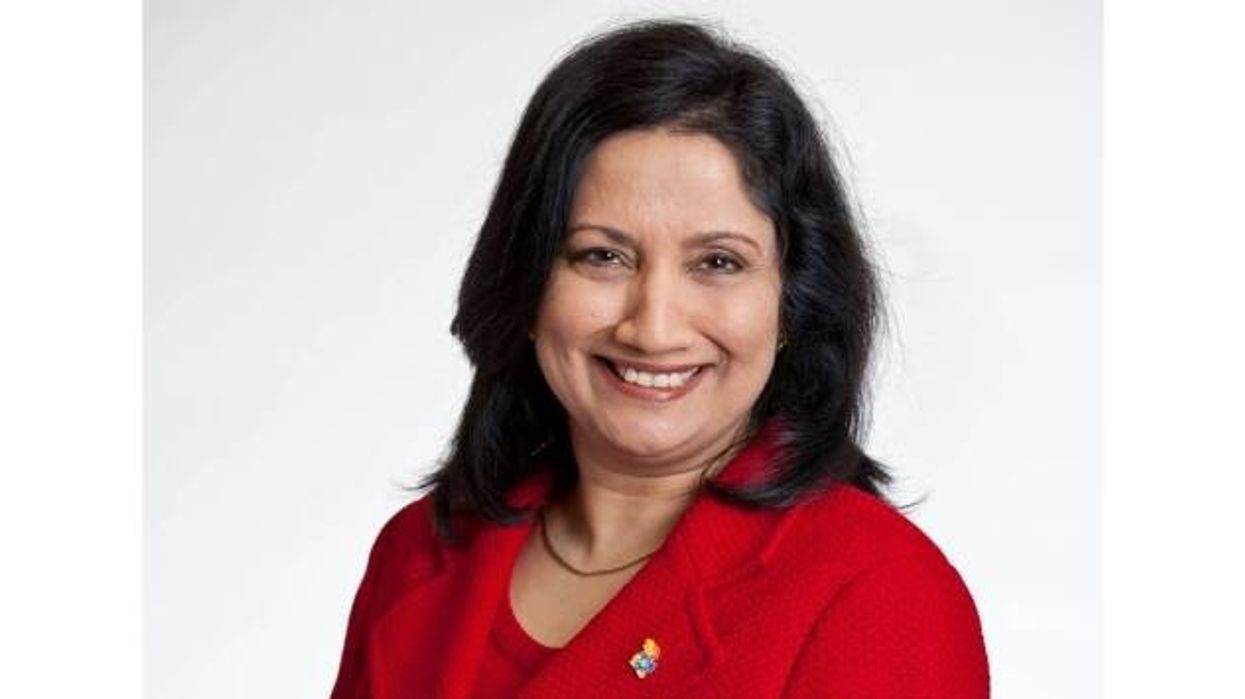Neeli Bendapudi, the first woman and person of colour to serve as president of Penn State University and an Indian American, has been selected to receive this year's Immigrant Achievement Award for her notable contributions to higher education in the United States.
The award is presented annually to an individual or organisation that shows dedication to America's history as a nation of immigrants and advocates for humane immigration policies.
Bendapudi, who is 59 years old, will be honoured at the DC Immigrant Achievement Awards reception on April 28, as confirmed in a statement.
Jeremy Robbins, the executive director of the American Immigration Council, praised Bendapudi's commitment to student success and creating opportunities for all members of the academic community. He also described her as a "values-driven" leader who believes in the transformative power of higher education and its positive impact on individuals and communities.
Robbins further commended Bendapudi for her years of experience in navigating the lack of diversity in leadership and the challenges facing minority groups.
He expressed his excitement about celebrating Bendapudi's achievements as an immigrant and trailblazer, which he says embodies the diverse contributions that generations of immigrants bring to the United States and serves as a testament to the enduring power of the country's immigrant history.
Raised in India, Bendapudi moved to the United States to pursue her doctoral studies at the University of Kansas and oversees the university's modern land-grant mission of teaching, research, and public service across 24 campuses and the online Penn State World Campus.
Bendapudi expressed her gratitude for being selected as this year's recipient of the Immigrant Achievement Award and acknowledged the significance of the past honorees who have contributed to the impact of immigration in the US.
"The United States is a nation of immigrants, and I am merely one of many who have come to this country in search of America's ‘golden door' to opportunity and prosperity,” Bendapudi said.
As president of one of the US's renowned land-grant universities, Bendapudi said she is committed to expanding access to higher education for all students, including those who, like her, came to the country to seek their degrees.
She acknowledges immigration as a cornerstone of the American dream and is grateful to the American Immigration Council for their work. Bendapudi has been recognised for her contributions to the field and has been honoured at both the national and university levels.
In 2021, Diverse Issues in Higher Education included her in their list of 25 women who have made a difference in academia.
Bendapudi was recognised by Enterprising Women as part of a distinguished group of women making an impact in business and the community (2021), and Louisville Business First named her among 25 local leaders on its annual list of "Most Admired CEOs" for exhibiting strong leadership during a year of unprecedented challenges (2020).
She received her bachelor's degree in English and MBA from Andhra University in India and her doctorate in marketing from the University of Kansas.
With inputs from PTI




